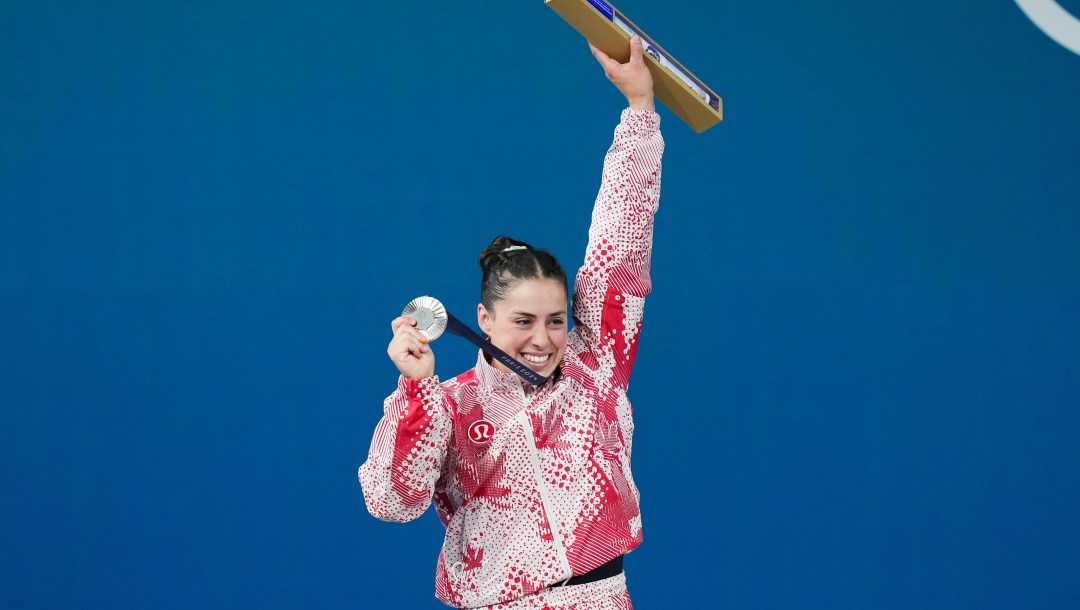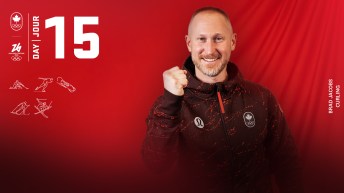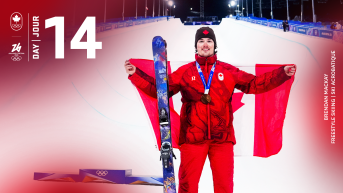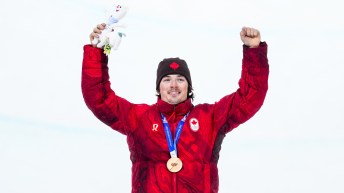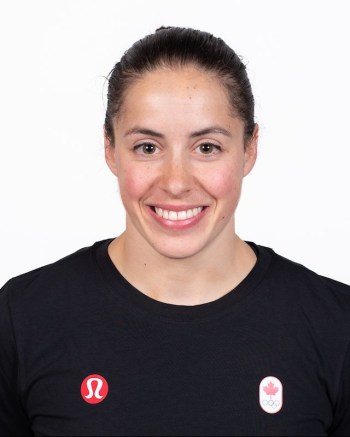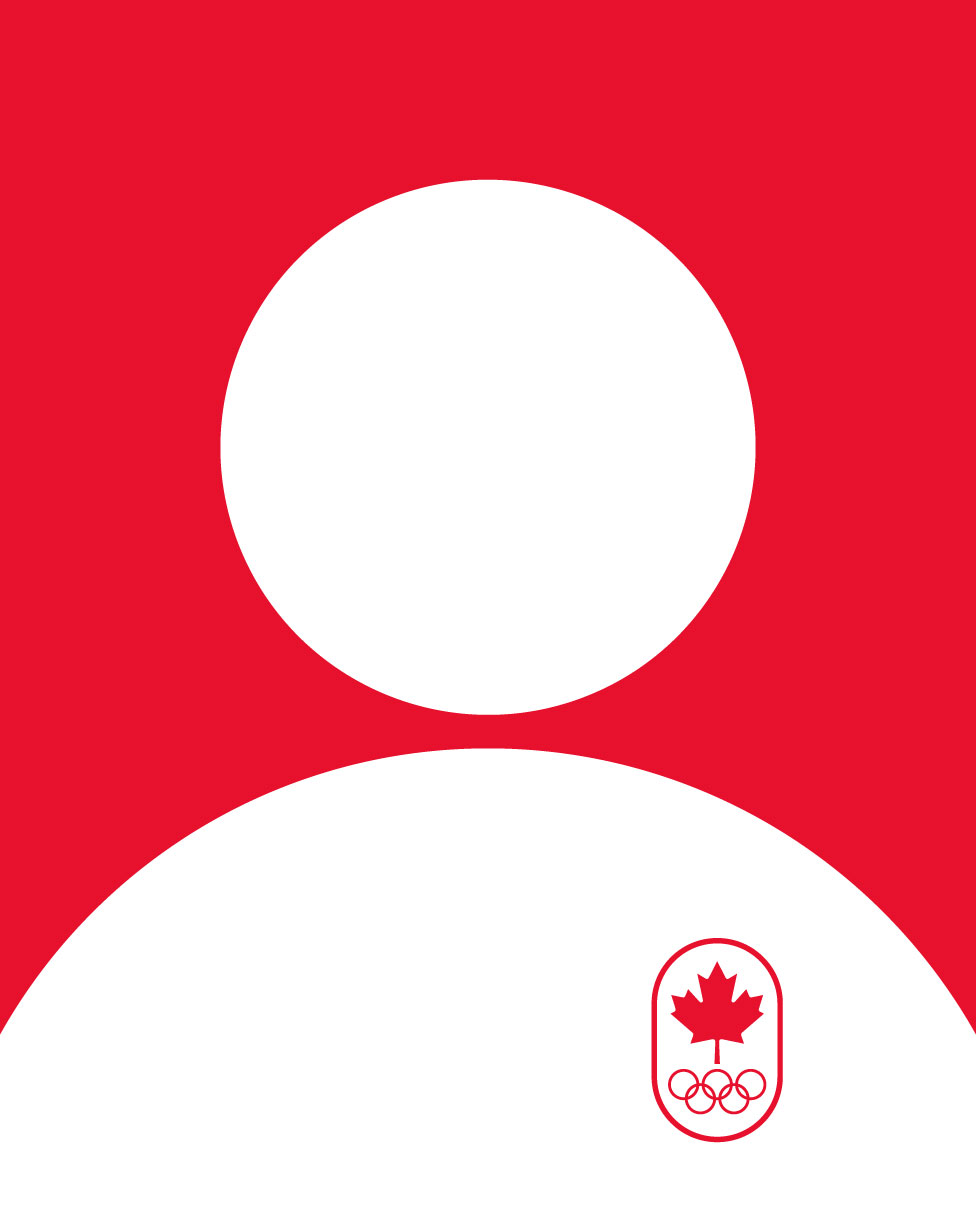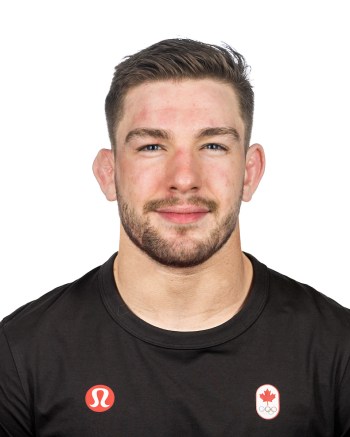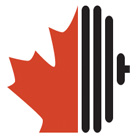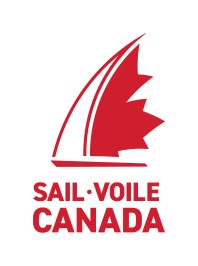Maude Charron finds strength in new projects while figuring out what follows Olympic success
A little more than a year after the Paris 2024 Olympic Games, Maude Charron reflects on her experience and what this milestone has meant in her journey. Even though she had won a gold medal at the Tokyo 2020 Games, held in the context of the pandemic, it was in Paris that she truly felt she was experiencing her first real Olympic Games.
“At Tokyo, in the middle of the pandemic, there was no life in the village,” she recalls. “We didn’t even have the time to appreciate that we were at the Games.”
But everything was different in Paris, where she was one of Team Canada’s Opening Ceremony flag bearers. Charron was able to enjoy every moment: visiting the village, training, spending time in the Team Canada lounge, and attending gatherings at Canada Olympic House. “It was such a completely different experience,” she sums up.
Behind her confident appearance, Charron holds a much more human memory of her role as flag bearer. Standing alongside Andre De Grasse, she admits she was terribly self-conscious. “We were always together—on the bus, then on the boat, flag in hand. We’d see everyone else looking super confident… Me, I was uncomfortable… I absolutely didn’t want to show off. The truth is, a lot of athletes are introverts, even if it doesn’t look like it.”

Her most powerful memory remains, without hesitation, the moment she spent at Canada Olympic House, just after winning her silver medal. “We were celebrating with my family, my coaches… Even my former gymnastics coach and my music teacher were there. I was looking at everyone talking to each other, and I thought: I created this gathering. That was my true I made it moment.”
The Need to Breathe
After the Paris Games, Charron gave herself time off she had never truly taken before. This pause wasn’t only about stepping away from the public eye—it was also a physical break. Just days before her competition in Paris, a hip injury had nearly immobilized her. “Three days before, I couldn’t even walk,” she recalls.
Once the Games were over, she forced herself to take a real break: no university, no new projects, just rest and reflection. She stayed in Europe, visiting friends, before eventually returning home. A thoughtful decision, especially since after Tokyo she says had been “traumatized” by the overwhelming volume of requests upon coming back to Canada. “It didn’t just shake me, it broke me. It took me months to recover. This time, I wanted to be mentally prepared before coming home,” she says.
Taking a break wasn’t easy for Charron. Accustomed to receiving praise for her performances and to constantly launching new projects, she struggled with the silence that followed Paris. “Two months later, people were still saying to me: Congrats, you must be proud! But me, I was doing nothing. I felt like I didn’t deserve anything. Yes, I had brought home a medal, but at that moment, after the Games, I didn’t feel proud of anything.”
Gradually, she filled that void with new, concrete projects. She took a course to become a coach and opened her own club in Eastern Quebec, with the ambition of giving young people from her region the chance to represent their hometowns at the Olympic Games. The goal is clear: to organize a first regional final in 2025 and guide five registered athletes toward future qualifications.
Opening her own club is a major challenge for Charron, who admits she doesn’t have much administrative experience. “The reality of opening a club is heavy. It’s hard,” she says. True to herself, she chose to approach this new chapter with determination, aware that it is another way of building the future of her sport.
Passing on what she’s learned is now part of her mission. To the next generation, Charron especially wants to remind them that they don’t need to aim for perfection. “Perfection is impossible to reach. What matters is improving a little every day—in sport and in life. That’s reassuring, and most importantly, it’s something that’s in our control.”
Charron also wants to help build a healthier environment for young athletes. She emphasizes the importance of giving them better access to mental preparation. “We ask young people to perform, but we don’t always give them the tools to handle the pressure,” she points out, even mentioning the idea of pursuing studies in this field.
A New Role With Team Canada
Ten years after beginning her studies in police techniques, Charron never would have imagined one day working with the Canadian Olympic Committee. “Back then, I was ready to do anything. Today, after two Olympic Games and opening my club, I still question what I want to do, but I knew I wanted to get involved in sport—not necessarily only as an athlete,” she explains.
This summer she joined the COC as a project manager of sport development and innovation, consulting on new initiatives towards the organization’s commitment to get one million more young people engaged in sport.
“They wanted my perspective,” she continues. “I grew up in a rural area, I opened a club, I understand the realities of sport outside major urban centers.”
For her, this opportunity is both an honor and a challenge. “I feel a bit like an impostor because I don’t have academic training in this field. But I’m learning by working, more than I would sitting in a classroom. It’s a challenge that’s scary, but that’s also what motivates me.”
When asked about her future, Charron admits she has a hard time projecting herself long term. “I let myself be carried where life will take me,” she says. If the future remains full of unknowns, she nevertheless dreams of improving conditions in sport and contributing to young athletes’ mental preparation.
Charron and 12 fellow Canadian weightlifters, will represent Canada at the 2025 IWF World Championships, to be held October 2–11 in Forde, Norway.

